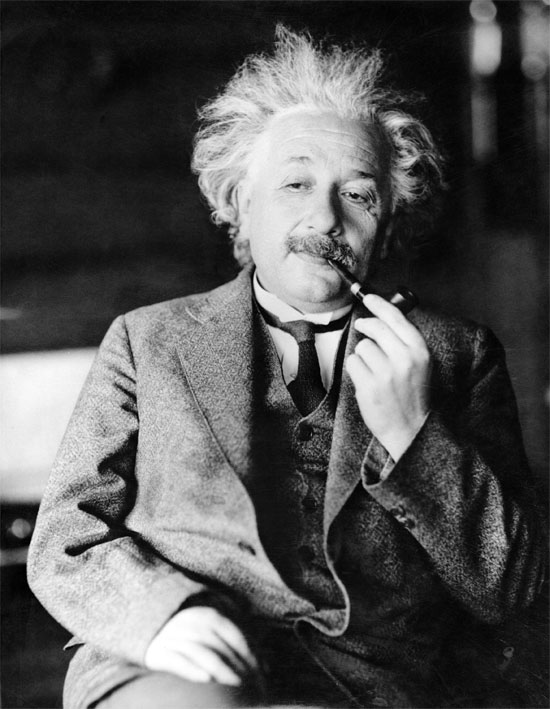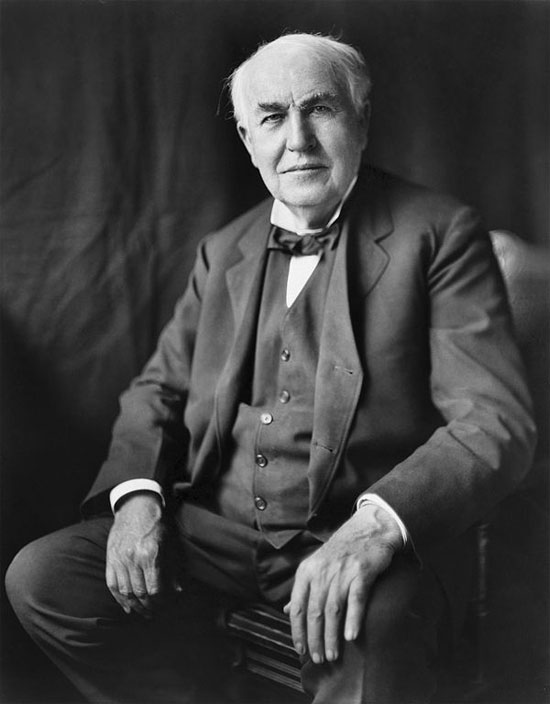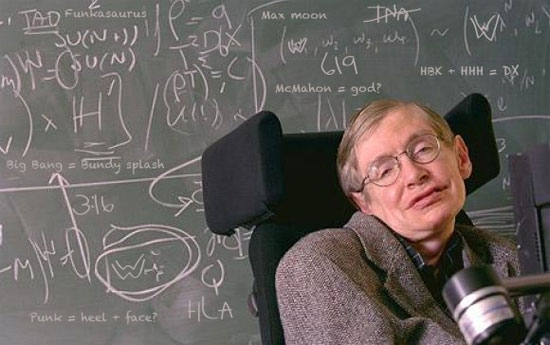Diseases of genius scientists
Despite bringing in different diseases, scientists have made their lives meaningful and make the whole world admire the inventions that change human history.

Albert Einstein (March 14, 1879 - April 18, 1955) was a German theoretical physicist. He is considered one of the fathers of modern physics and one of the most influential scientists of the 20th century.
But few know, before such an achievement, Einstein spent his difficult childhood. When he was 3 years old, Einstein could not speak and could not read until he was 8. Many people said he was unable to study because he might have a syndrome of one type of autism . However, in 1921, he received the Nobel Prize for Physics for his dedication to theoretical physics, and in particular for the discovery of the law of the photoelectric effect. The discovery and interpretation of the law of photovoltaics together with the contributions of other writers gave birth to quantum theory, a pillar of physics. (Photo: AP)

Thomas Alva Edison (February 11, 1847-October 18, 1931). He was a great inventor, with more than 1,000 inventions and many of those inventions that were used in everyday life such as recorders, electric light bulbs, gramophone, electric trains, camcorders . .
Edison could not read until he was 12 years old and then he was deaf . His writing ability is also very poor. When he was young, he often went to school late because he was sick . (Photos: Wikipedia)

Stephen Hawking was born on January 8, 1942 in England. He is one of the largest astrophysicists of the modern era. At the age of 21, he suffered from a neurological condition called Lou Gehrig . This disease caused him to almost lose his ability to move, always tied to a wheelchair. In addition, after the tracheotomy, he could only speak with a pronunciation device attached to a computer he typed.
But the disease could not hinder Hawking's rigorous scientific research career. Now he can use his cheek to import data into a computer connected to the brain, thereby building complete sentences, even speeches.(Photo: Martin Pope)

Isaac Newton (1642 - 1727) was a British physicist, astronomer, philosopher, and mathematician. He is considered a great and influential scientist. When he was less than 25 years old, Newton had three inventions that made him a scientific genius of all time.
Newton always suffered from many diseases. Not only did he suffer from arthritis , he was also thought to suffer from mental illness . (Photos: Wikipedia)

Charles Darwin (12/2/1809 - April 19, 1882) was a famous researcher in the field of English naturalism. He was the one who discovered and proved that all species evolved over time from common ancestors through natural selection.
However, the father of evolutionary theory often experiences symptoms such as trembling, nausea, crying, hallucinations. According to experts, he may have a wide range of fear called Agoraphobia , so he rarely talks to people around, even with relatives. (Photos: Wikipedia)

Kurt Godel (April 28, 1906 - January 14, 1978) was a famous Austrian mathematician and mathematician. He was voted by the prestigious magazine Times as the greatest mathematician of the 20th century.
On the outside, Godel did not seem to be suffering from mental illness, but he had the illusion of being poisoned by others . This hallucination makes him only able to trust the food cooked by his wife. So when his wife was hospitalized, Godel simply did not eat anything and died of depression. (Photos: Wikipedia)
- History of genius concept
- How is genius different from ordinary people?
- If you have these diseases, it is likely that you will be a genius
- Genius must ... have disabilities?
- 10 interesting things about 2 great scientists of humanity
- The truth about the connection between genius and autism
- Life is full of events and the mysterious disappearance of a physical genius
- How do the thinking geniuses differ from ordinary people? (Part 2)
- The results of the study of 5,000 genius children within 45 years have been announced
- Mystery numbers can 'open up the universe' of the scientist 'crazy' genius
- Strange habits of Albert Einstein's genius and lessons hidden later
- The legend of the God of Fortune
 The most famous scientific failures in history
The most famous scientific failures in history Mysterious genius mechanic and the machine froze time
Mysterious genius mechanic and the machine froze time The son carries the 'bad gene' of genius Albert Einstein
The son carries the 'bad gene' of genius Albert Einstein Isaac Newton
Isaac Newton